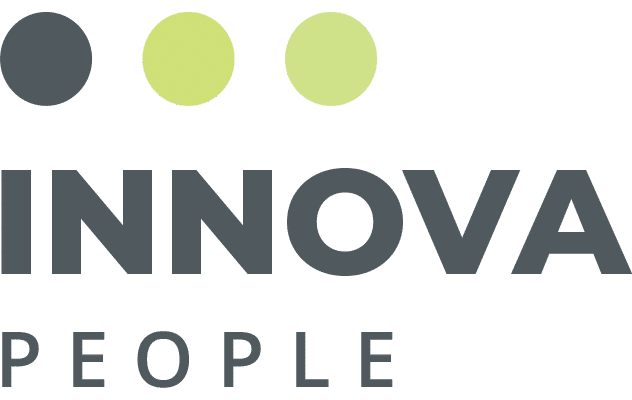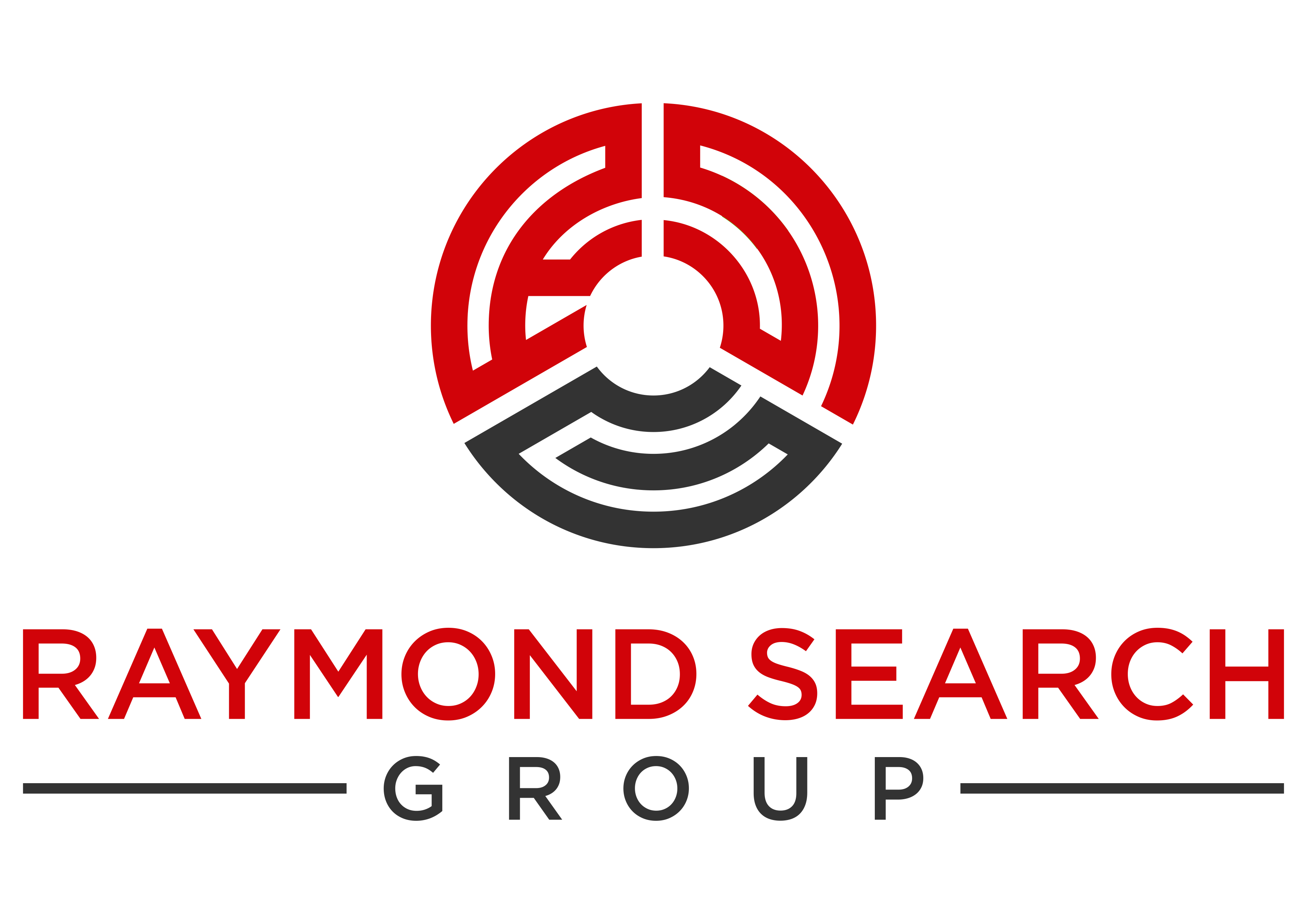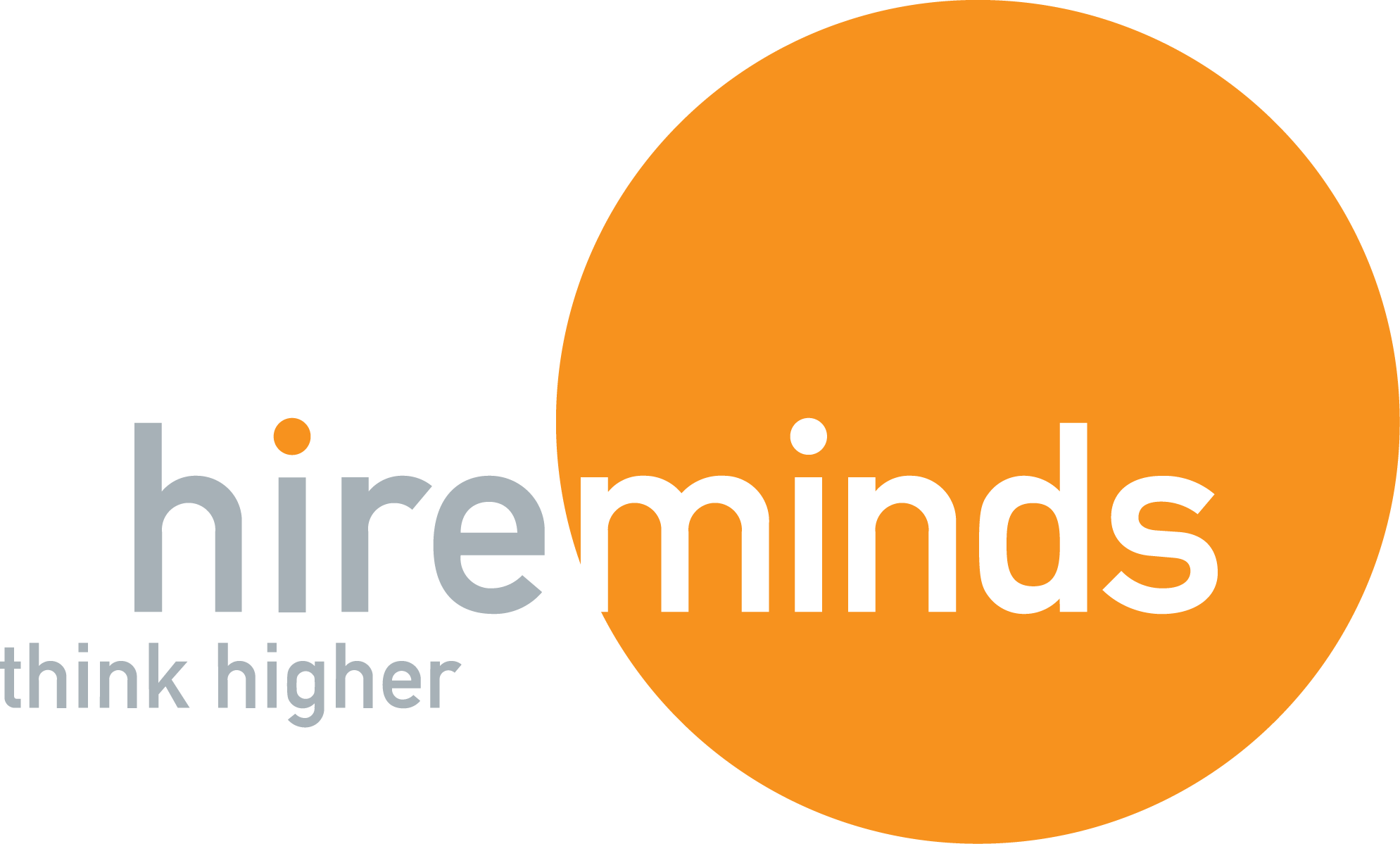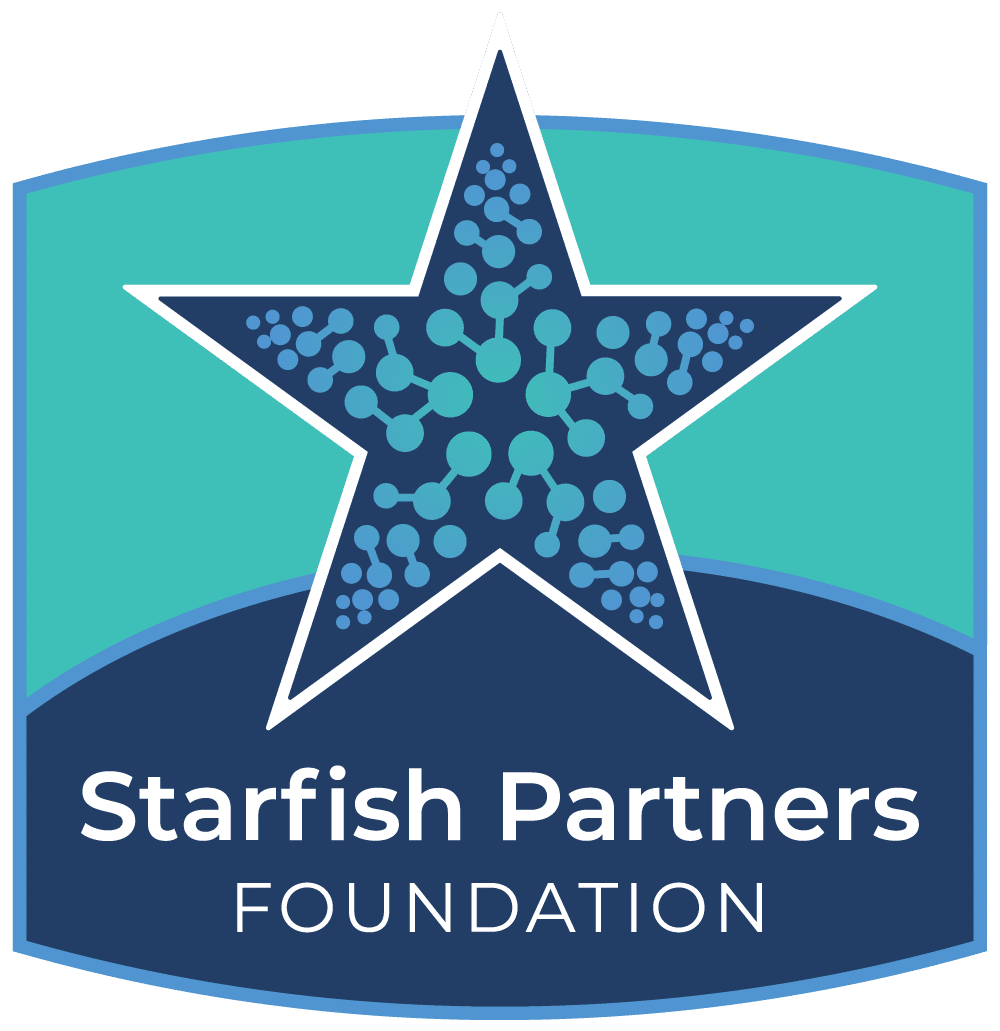
Sarah Pozek, Director of Life Sciences, Direct Recruiters, Inc. had the opportunity to interview Glenn Proctor, VP of Software Development at Eagle Genomics, a software and services company in the field of genomic data and bioinformatics analysis. Mr. Proctor shared insights on the Life Science industry, his career, and his point of view on recruiting top industry talent.
Please tell us about yourself and Eagle Genomics.
I’ve been involved with software for my entire career; initially during my PhD where I wrote software to compare the surfaces of protein molecules, then as a developer in areas as diverse as artificial life, computer games and mobile phone network planning. For the last decade or so, I’ve been focused on genomics, initially at the European Bioinformatics Institute, and now Eagle for the last 5 years. At Eagle, we develop solutions for customers who use scientific data particularly genomics. I’m lead of the team who delivers all of our software and services to our customers.
What is the most challenging aspect of your position as VP of Software Development?
Finding, attracting and retaining great people. The life science industry is changing fast, and there are lots of opportunities for a company like Eagle to grow and be successful. When people talk about “growing companies,” it’s important to remember that growth mostly means bringing in new people. If you don’t do that, the company doesn’t really grow. In terms of recruitment, it’s a competitive market and companies really have to work to get the best people.
With extensive experience in software, what made you gear your career towards Genomics IT and Biotechnology?
Like all things in life, a mixture of personal interest, skill and luck! I’ve always wanted to work in an industry where I could make a positive difference to people’s lives in some way, and working in this industry gives me that. Very early on, after a few … “mishaps” in wet labs, I decided that computers and software were where my talents and interest lay, so that’s the route I chose. I have had the privilege of working at a number of institutions that have really helped my career, but mainly it’s been the people I’ve met and worked with along the way that have given me the motivation, ability and opportunities to develop.
What interesting new projects are you currently working on?
Our newest product, eaglediscover, won Best of Show at this year’s BioIT World in Boston. It’s getting a lot of interest from customers and is developing fast. In a separate project we’ve been working on with an established customer, the client recently ramped up the amount of data they pass through the analysis pipeline which we developed for them, and it’s just passed the milestone of a billion sequences processed per week. It’s going to keep growing; Dealing with data and analyses on this scale is challenging but very exciting.
What advice would you give to up and coming talent in the Life Sciences industry?
Be curious. Learn a bit about lots of different areas; if you specialize too early, you’ll end up in a niche that will limit your options. Most of all, accept that change happens all the time, and the pace of change is increasing. That means you’ll need to keep learning for your entire career. If you can embrace change and keep learning, you’ll do just fine.
What or who has influenced you to be successful in your career?
I’ve been fortunate to work with some excellent leaders, mentors and coaches over the years, as well as benefiting from lots of training and peer support. I’m a big fan of the work of Michael Lopp – he’s written several books, including “Managing Humans”, which I’ve found very influential. He also has a blog, “Rands in Repose” which I highly recommend.
What major trends have you seen in the Life Science industry and where do you see the industry being in 5 years?
The biggest change from my point of view is the rise of on-demand computing from the likes of Amazon Web Services. The ability to have instant access to vast computing resources, and only pay for what you use, has created whole new categories of company in many different industries. Life Science is no different – the vast majority of Eagle’s compute work is done “on the cloud”, with a diminishing amount on-premise at our clients. A decade ago, this simply wasn’t possible, and companies like Eagle couldn’t have existed. As for the next five years, I expect that doing this work on the cloud will become the norm – it’s already the default choice for many applications. Also, we’re going to see data science and in particular machine learning becoming much more prominent as it is in other industries.
How do you recruit and retain top industry talent at Eagle Genomics?
The recruitment process actually starts long before a particular role is identified or advertised. It’s a case of getting Eagle’s name out there as an exciting, challenging, welcoming place to work. That brand advertising is important for Eagle’s commercial success, but it’s also vital for attracting talent. Then there are personal networks; making use of those can shorten the hiring process a great deal. Of course, over-reliance on personal networks can end up reducing the diversity of backgrounds, skills and experience, so be careful to look elsewhere as well.
When recruiting, I very much prefer to hire for potential over experience. I’d far rather hire someone with the ability to learn new skills and apply them quickly, than someone who may “tick all the boxes” but be unwilling to change. I keep an eye on job adverts for other companies in our industry, and despair a little when I see long lists of “must haves” that are far too specific, and will be out of date in six months.
The competition from other companies means that we have to be more open-minded in terms of hiring than before. For example, Eagle has recently hired people who predominantly work remotely. This has to be managed carefully to maintain a cohesive team, but it can provide real advantages, as well as opening up a whole new set of potential employees to whom we just didn’t have access before.
In terms of retaining people, making sure that people have as much autonomy as possible, with enough direction that the company gets the most out of them. Also, in a relatively small company like Eagle, everything that everyone does has a tangible impact on our services, products and business. This can be scary at first, but it helps keep people engaged. In the past, when I’ve been working as a small cog in a big machine with no clear visibility of how, or even if, what I was working on was being used, I found it very demotivating.
You mention on your LinkedIn that you make sure that Eagle is a fun, relaxed environment to work in; what steps do you take as a leader to make sure it is?
Three things: communication, diversity, and respect. As a leader, I try to be as transparent as possible with people about what’s going on in the company, especially in parts of the company that the people who report to me may not be so involved with. I encourage them to work together as much as possible too, whether it’s pair programming or just being available to talk through a problem. Diversity of backgrounds, genders, nationalities, ages and experience is key to coming up with the best solutions. Last but not least, respect and equality – at Eagle everyone is treated as a valued professional, no matter what their job title is or how “senior” they are.
While technical skills are important in your field, what soft skills do you look for when hiring new talent?
As I’ve mentioned above, eagerness to learn, and I’m also looking for someone who will broaden the capabilities of the team on one or more axes. Much of Eagle’s work involves interactions with our customers, so when interviewing someone I’m also considering how they would be able to work with customers to fully understand the customer’s need, and how they would deal with the types of issue that inevitably arise as part of long, complex software projects.

Director of Life Sciences
Direct Recruiters, Inc.
440-996-0597
[email protected]





